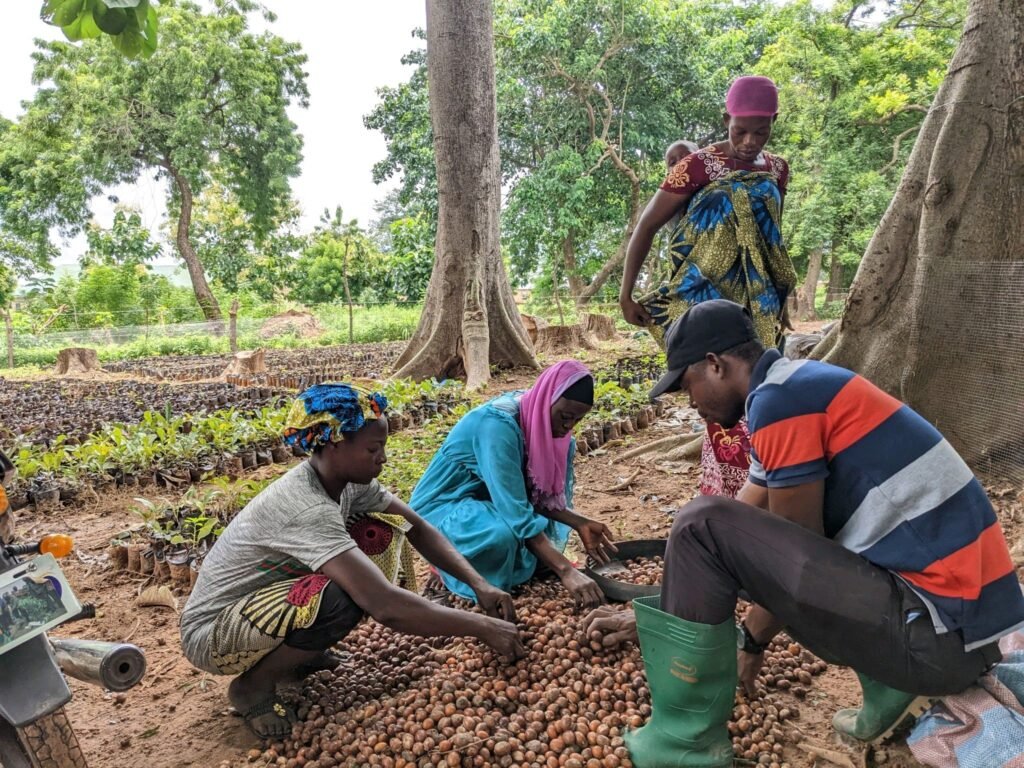By John Andrew RICHARDSON, (CEO, Richardson Group of Companies)
Ghana stands at a crossroads in its economic route, where leveraging its inherent strengths can unlock unprecedented growth. One such strength is agribusiness, a sector brimming with untapped potential to propel the nation toward sustainable economic development.
As a country blessed with fertile lands, favorable climates, and a youthful workforce, agribusiness offers a pathway to economic transformation, rural development, and global competitiveness.
Agriculture: The backbone of the economy
Agriculture has long been the backbone of Ghana’s economy, contributing approximately 19% to the Gross Domestic Product (GDP) and employing over 40% of the population. While these numbers underscore the sector’s importance, the full potential of agribusiness remains largely underexplored.
Beyond subsistence farming, agribusiness encompasses the entire agricultural value chain processing, packaging, storage, marketing, and distribution. When harnessed effectively, it becomes a catalyst for industrialization and job creation.
Unlocking employment opportunities
Ghana’s youth unemployment rate remains a pressing concern, with thousands of graduates entering a job market that cannot absorb them. Agribusiness presents a viable solution. By modernizing farming methods, embracing mechanization, and fostering innovation, the sector can generate millions of jobs, especially in rural areas.

